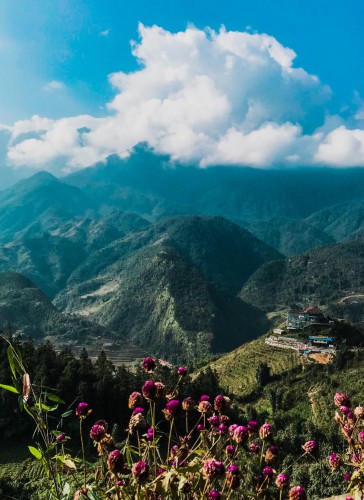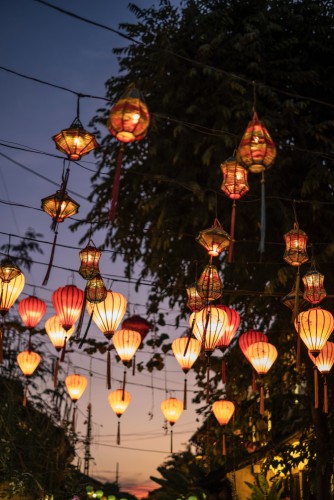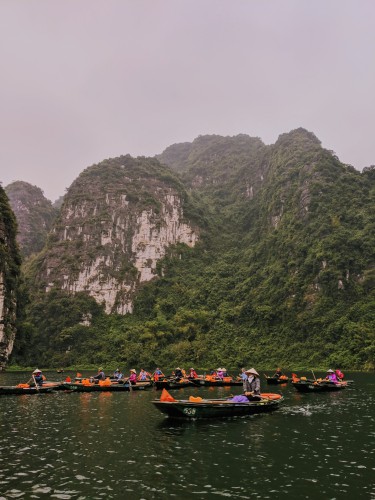Home ownership of foreign individuals In Vietnam
Thứ tư - 26/08/2020 22:29Globalization facilitates the migration of people into most parts of the world amongst which Viet Nam is one of the most popular places for foreigners to settle. As a result, the demand for homeownership of migrants has been increasingly high recently. Vietnamese law on housing has been made to ease conditions for foreigners to own houses, which help them to stabilize their lives. However, oversea citizens are constrained by certain conditions in comparison with domestic individuals.
Specifically, Article 159.1 of Housing Law 2014 provides that a foreigner is only eligible to own a house if:
(i) He invests in project-based housing construction in Vietnam as stipulated in that law and relevant regulations; or
(ii) He is allowed to enter Viet Nam.
Specifically, Article 159.1 of Housing Law 2014 provides that a foreigner is only eligible to own a house if:
(i) He invests in project-based housing construction in Vietnam as stipulated in that law and relevant regulations; or
(ii) He is allowed to enter Viet Nam.
In the first circumstance, a foreigner needs to provide an investment certificate and have houses which are built under a project. However, it requires to have permission to enter Viet Nam, and he is not granted diplomatic immunity and privileges as prescribed in the second circumstance.
Notably, according to Article 75.1 of Decree No. 99/2015/ND-CP, a foreigner may only own houses (including apartments and detached houses) of commercial housing projects, except for those which are constructed in national defence and security areas prescribed by Vietnamese law. Also, Articles 76.3 and 76.4 of the Decree permits a foreigner to own 30% of the number of apartments in a building, and that of detached houses per project is 10% but not larger than 250.
In addition to construction investment, homeownership of foreigners in Vietnam is lawful in forms of buying, lease purchase, being gifted, or inheriting. Yet, only commercial houses in construction projects, including apartments and detached houses, are acceptable to be owned by foreigners, and conditions over areas and quantities are also required awareness.
Moreover, a foreigner is not allowed to own a house longer than 50 years from the day on which they are granted a certificate. It may also be extended to the next 50 years after the previous period is ended. The duration of the homeownership must be stated in the Certificate. If a foreigner marries to a Vietnamese citizen or an oversea Vietnamese, he or she is qualified for stable and long-term homeownership and has all the rights as for a Vietnamese individual.
Recent Posts










